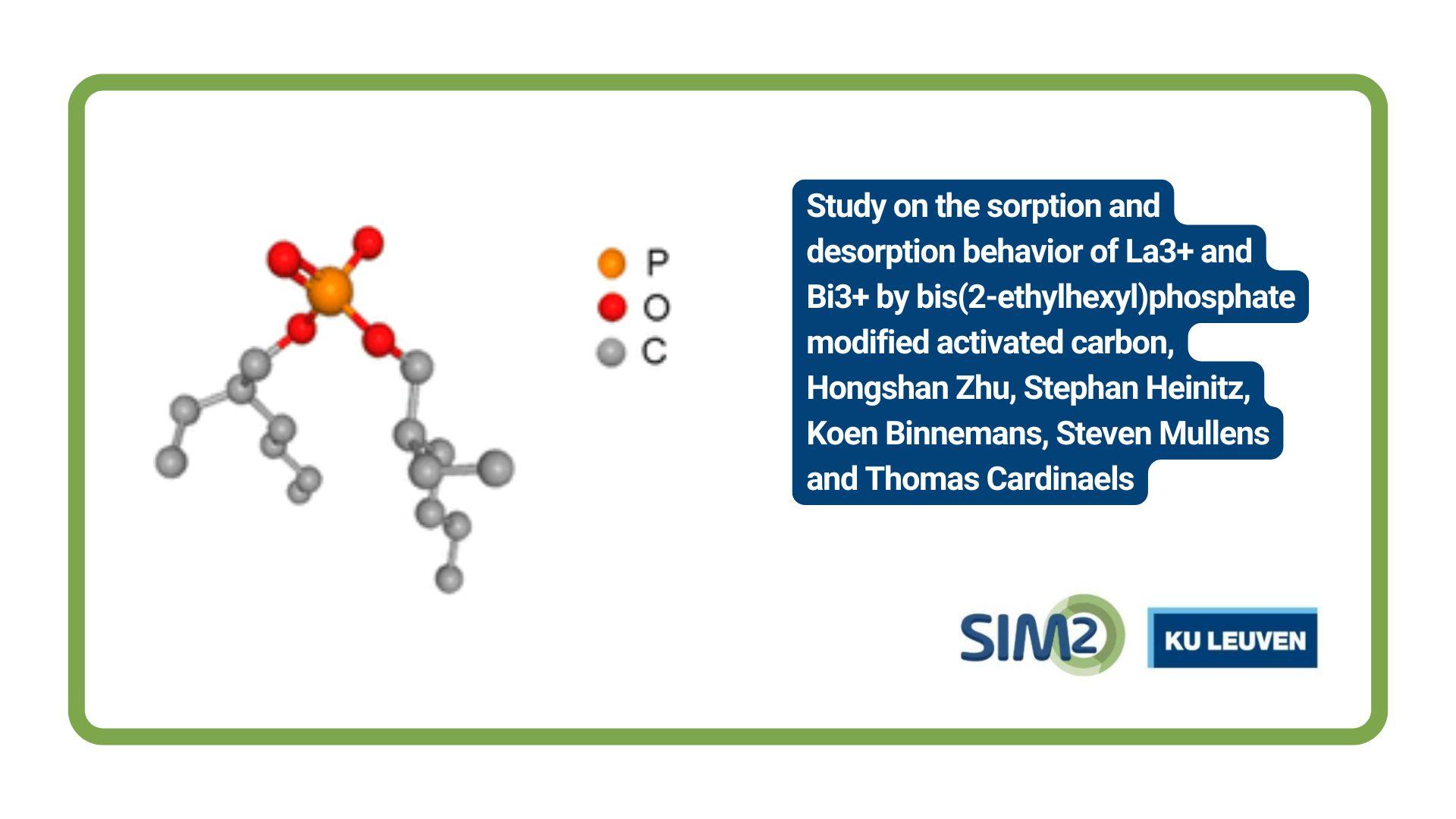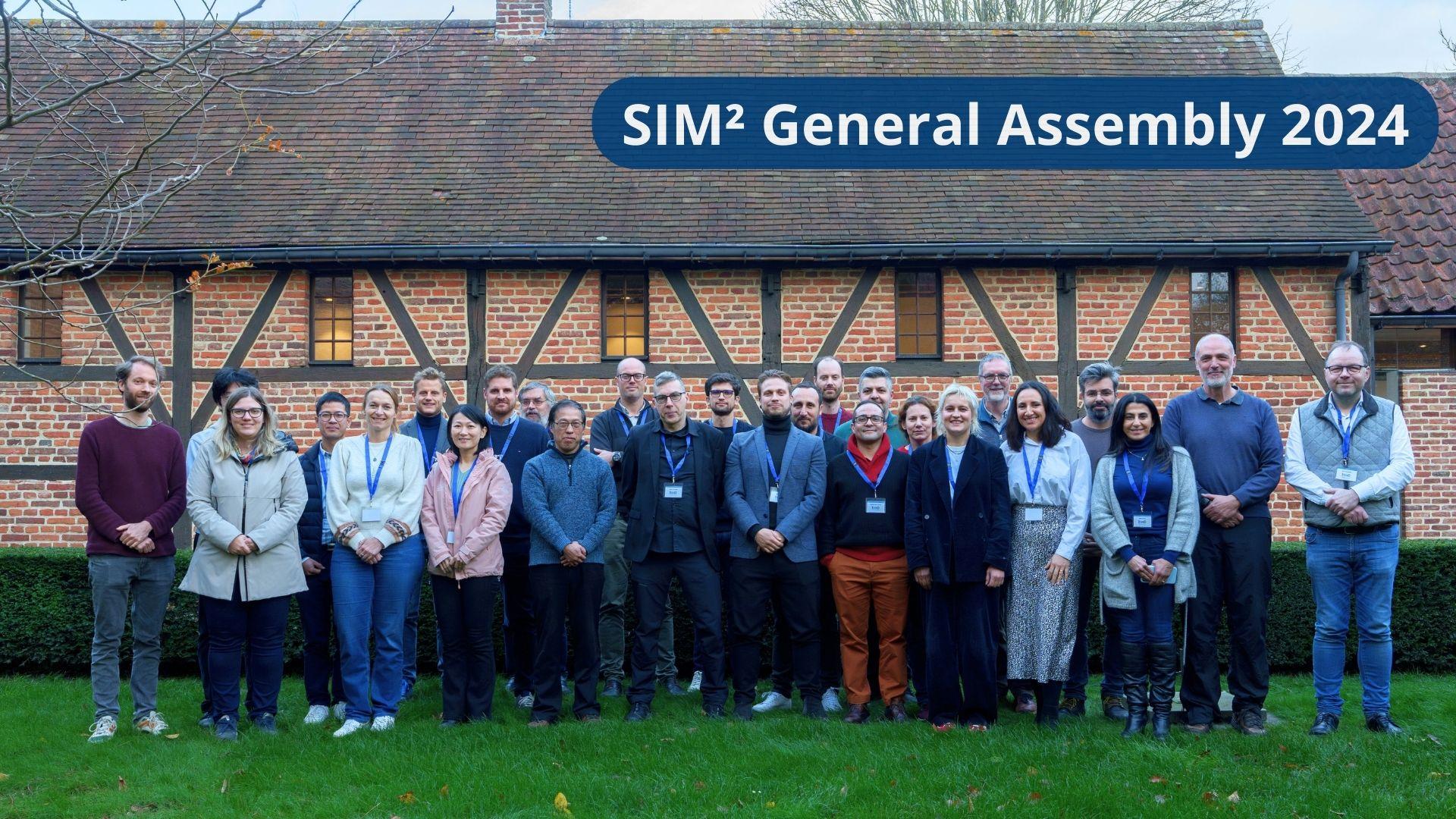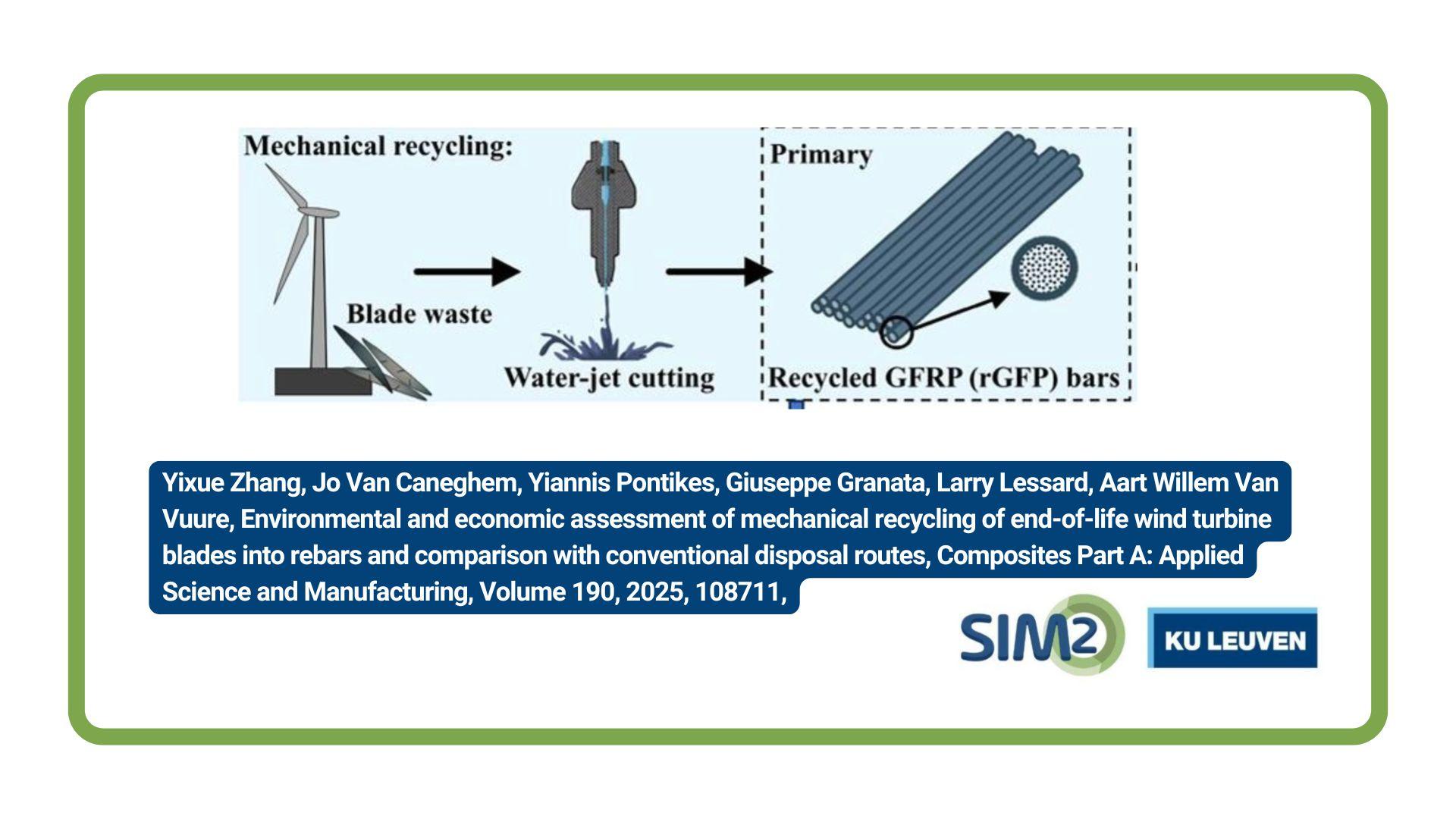During the graduation ceremony of the Faculty of Engineering Science of the KU Leuven, Simon Van den Eynde received the ArcelorMittal award for his Master Thesis titled Investigating the benefits of enhanced alloy-based sorting of aluminium scrap. For his thesis, he experimented with novel spectroscopy-based techniques that could be used to further sort aluminium scrap collected by recycling companies. In addition, he estimated the ecological and economic benefits of applying enhanced aluminium sorting on a global scale.
Aluminium recycling
Nowadays, recycled aluminium often has a significantly lower purity than primary aluminium. This is not only a result of inaccuracies in the sorting processes of metal recyclers. Aluminium scrap also has a significant concentration of alloying elements that are used to give aluminium products their desirable mechanical properties. These alloying elements cannot be removed by mechanical sorting systems and as such, they reduce the purity of recycled aluminium.
Therefore, recycled aluminium is currently mostly used for the production of cast aluminium alloys, which have high tolerances for impurities. Wrought aluminium alloys on the other hand have very low thresholds for impurities and can therefore only be produced from recycled aluminium if it is diluted with high amounts of primary aluminium.
Scrap surplus
In the near future, the changing demand for aluminium and the rising amount of discarded aluminium scrap will challenge the recycling industry. The global demand for cast alloys is stagnating and will decline in the future due to the transition in the automotive sector from combustion engine vehicles to electric vehicles. As such, less recycled aluminium will be absorbed by cast alloys, while more scrap will become available for recycling every year. It is even expected that in the coming decade the amount of collected aluminium scrap will exceed the demand for cast alloys. As a result, a part of the collected scrap cannot be used for the production of new aluminium products. This amount of scrap, that will have to be landfilled since it cannot be recycled, is called the scrap surplus.
Enhanced alloy-based sorting
Landfilling aluminium scrap instead of recycling it has a large ecological cost. The primary production process of aluminium is almost 20 times more harmful for the environment than recycling aluminium. Therefore, it is crucial to find a way to recycle all collected aluminium scrap. Since the amount of globally collected scrap will soon exceed the demand for cast alloys, the wrought aluminium alloys will have to absorb a larger amount of recycled aluminium.
This is only possible if the collected aluminium scrap can be sorted more thoroughly. With spectroscopy-based techniques such as X-ray Fluorescence (XRF) and Laser Induced Breakdown Spectroscopy (LIBS), it is possible to measure the concentrations of the different alloying elements in the aluminium scrap. As such, a spectroscopy-based sorting system can divide the collected scrap based on the presence of these elements. When aluminium scrap pieces with lower concentrations of impurities can be separated, they can be used for the production of wrought alloys without requiring much dilution.
Economic benefits
Separating the aluminium scrap pieces with less impurities is also financially interesting for recycling companies. Aluminium scrap that can be used for the production of wrought alloys has a significantly higher market value than mixed aluminium scrap that is only suitable for the production of cast alloys. Since there are strong ecological and economic incentives for enhanced sorting, it is expected that recycling companies will implement alloy-based sorting methods rather quickly once these techniques are fully functional. As such, this innovation can have an important positive effect on both the environmental footprint of the aluminium industry and the financial results of recycling companies.
Bio Simon Van den Eynde
Simon Van den Eynde (Ir.) is a PhD student in the Life Cycle Engineering (LCE) research group of (SIM²) KU Leuven. He graduated as a Mechanical Engineer specialised in Manufacturing and Management in 2020. He is part of the AUSOM project in which Laser Induced Breakdown Spectroscopy (LIBS) is investigated as a technique to sort aluminium and other metals.





